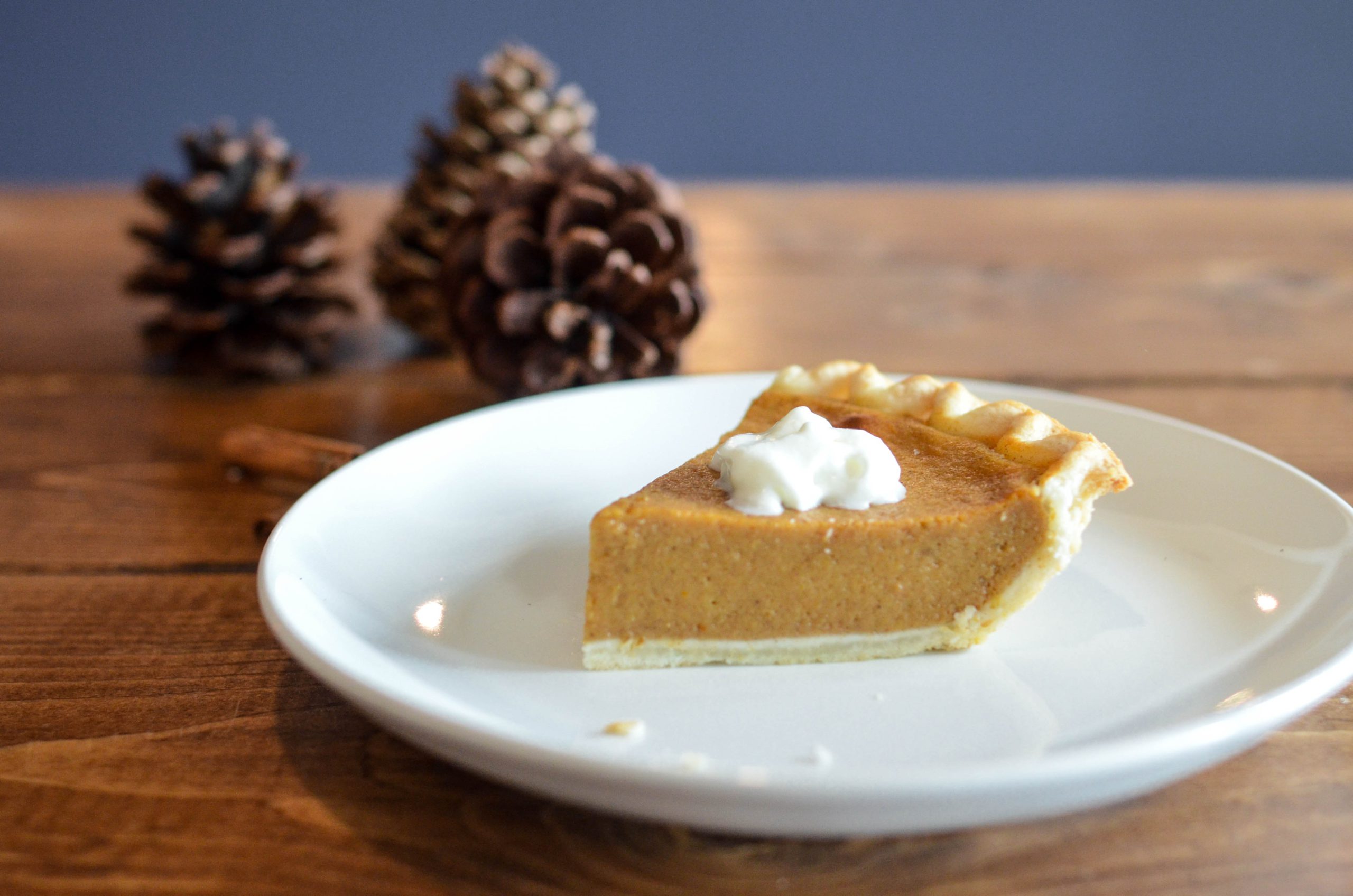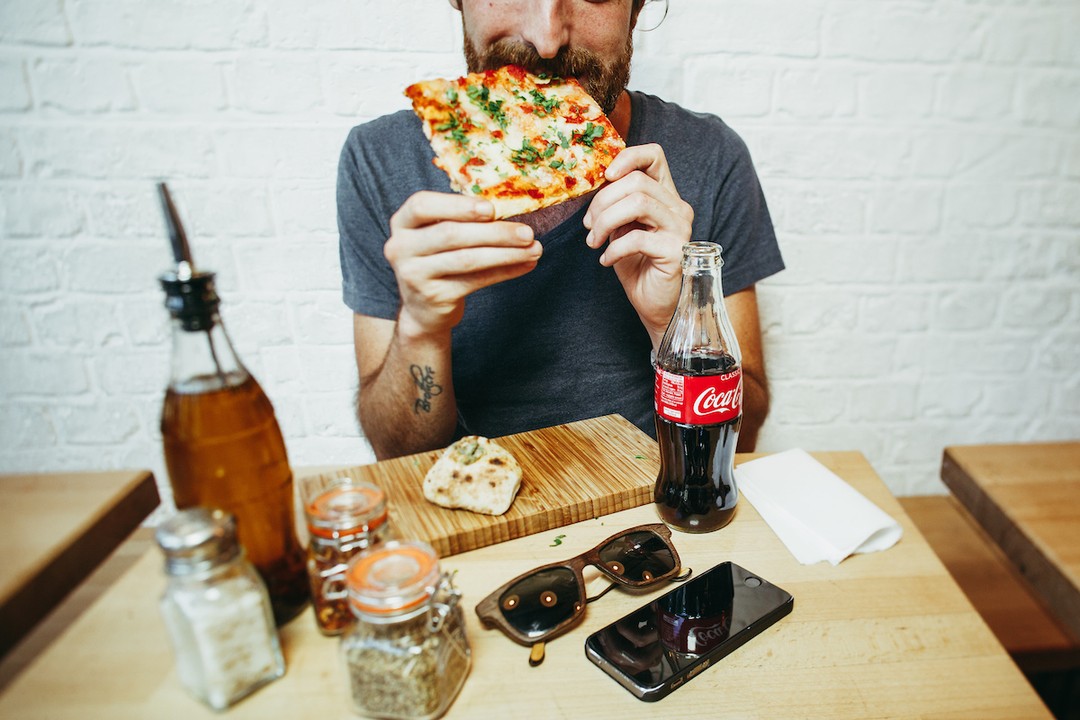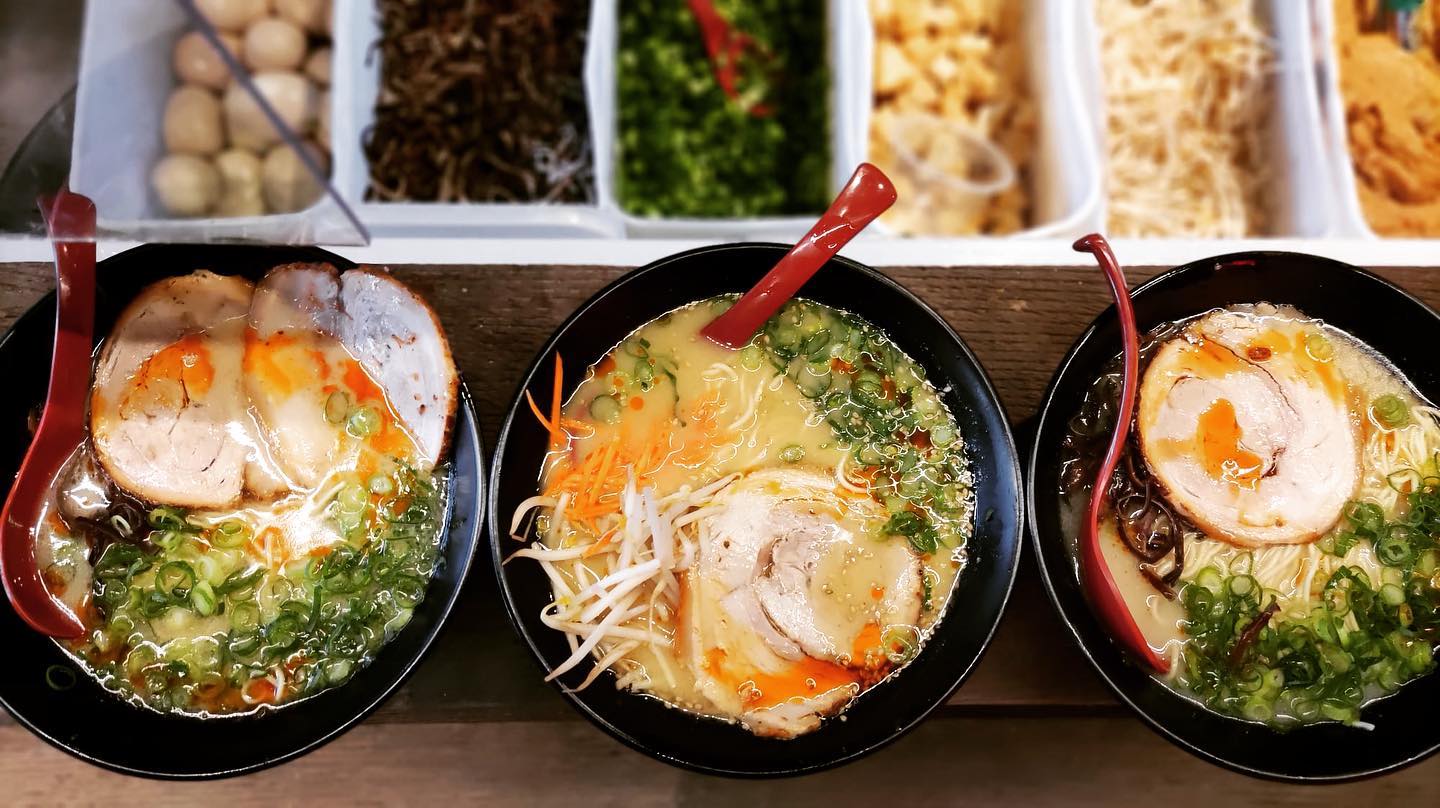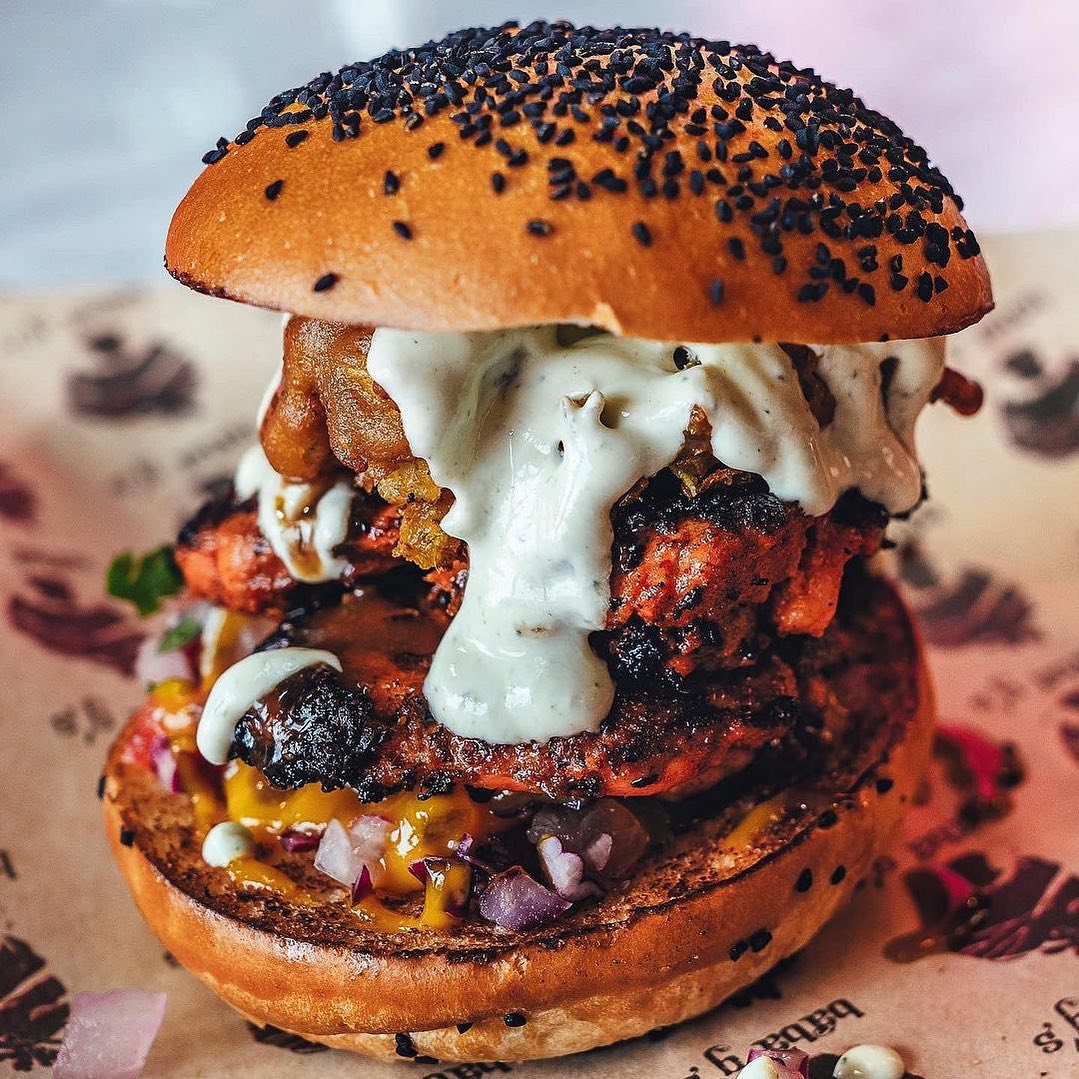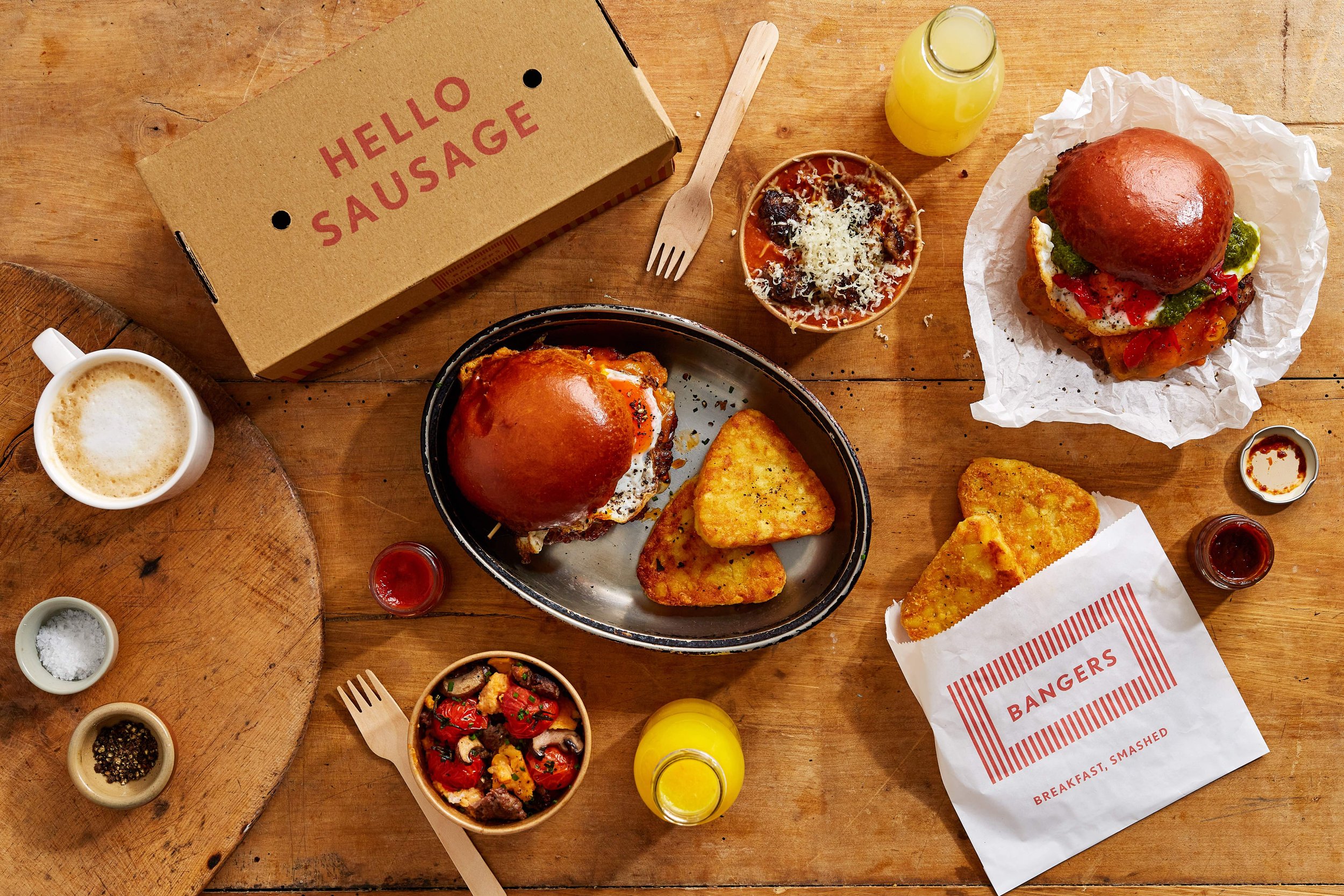Thanksgiving has a complicated legacy. From the mythologised 1621 harvest feast to today’s celebration of family, the quintessential American holiday has undergone quite the journey to its modern form, one that is still fraught with controversy.
The most popular understanding of Thanksgiving’s origins is as a symbol of peace between the early colonisers and Native Americans: a three-day meal that was shared between the pilgrims and puritans of the Plymouth Colony and the Wampanoag tribe.
However, this was not the grand act of unity that the American imagination has since made it out to be – instead, it was an English harvest festival with the participation of the Wampanoags (who had helped them get through winter in exchange for an alliance against a rival tribe, the Narragansetts). By 1637, this fragile coexistence disintegrated and the settlers began their decades-long war against the local tribes, all of whom they would eventually massacre.
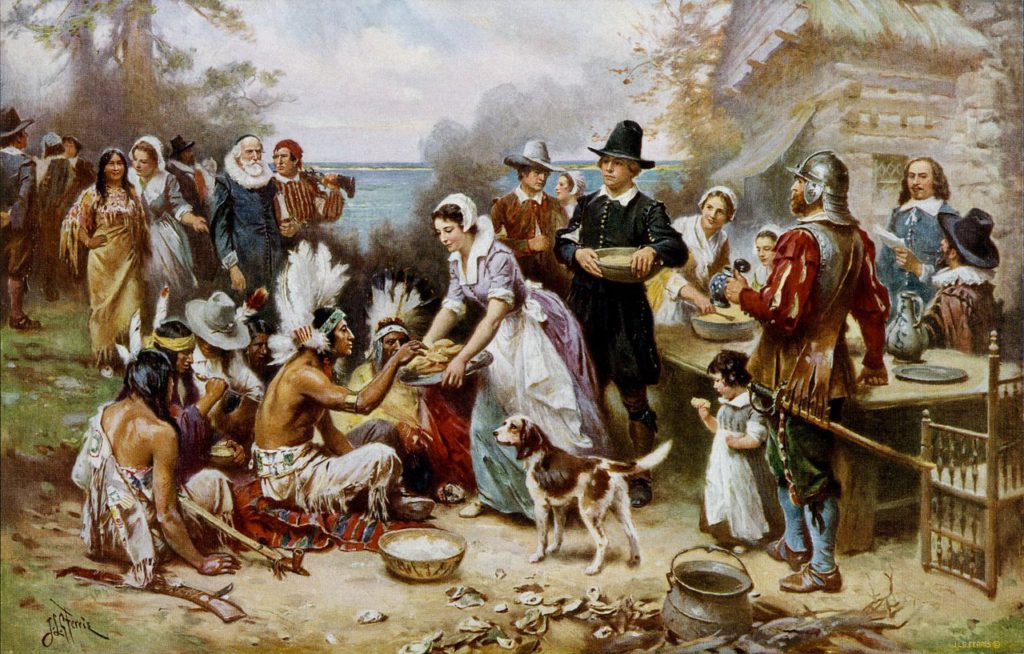
Many today rightfully take issue with the traditional Thanksgiving narrative, which paints a deceptively positive image of relations between pilgrims and Native Americans and contributes greatly to the masking of the subsequent genocide, cultural destruction, land theft, and enslavement of indigenous peoples enacted by English colonists.
In those early years, days of thanksgiving would be celebrated haphazardly in response to various factors: in 1623, it celebrated the end of a two-month drought; later thanksgivings would be used to mark victories against Native Americans; George Washington declared a number of days of thanksgiving while serving as general of the Continental Army. Only in 1789 would he announce the first nationwide day of Thanksgiving.
Many of his successors ignored the tradition, until President Abraham Lincoln re-established Thanksgiving as a holiday for all states in 1863, in the midst of the Civil War. Far from a celebration of peace between natives and pilgrims however, it initially celebrated the military successes of the Union and was an opportunity to express penitence for “our national perverseness and disobedience”. Lincoln also hoped that such a day could be a way of uniting the north and south and help to forge a collective, patriotic identity under the American flag… at least, once the war was over.
It was not until Reconstruction was completed in the late 1970s that Thanksgiving was recognised nationwide, as many in the Southern states still viewed it as a Yankee holiday and thus opposed it. This was the beginning of Thanksgiving as we now understand it, a set national holiday – as opposed to random feast days – that was not linked to harvests.
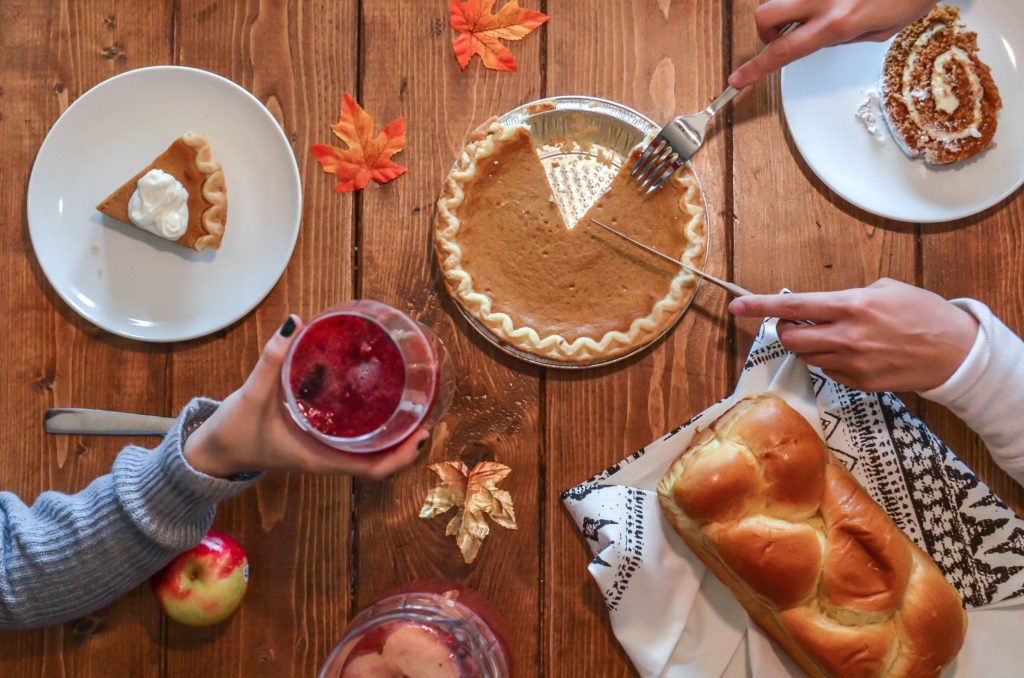
Later though, Thanksgiving became an important part of the mythologising of America’s birth, a story of benevolent pilgrims welcomed by the Native Americans that was repeated with such conviction that it became accepted as historical fact.
So, while Thanksgiving is a good occasion to reflect on the year, enjoy the company of family and friends, and indulge in some great food, it remains essential not to whitewash history and instead to acknowledge its true historical origins.
Should you wish to do so, there are a number of fantastic Native American organisations to donate to this Thanksgiving, including the AAIA, whose mission is to protect Native American sovereignty, preserve culture, educate youth and build capacity.
And if you’re looking for somewhere to celebrate Thanksgiving today? Check out our list of independent restaurants offering Thanksgiving meals (traditional and alternative) in London.
